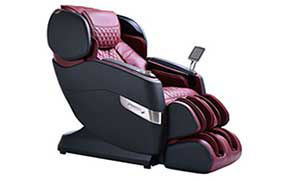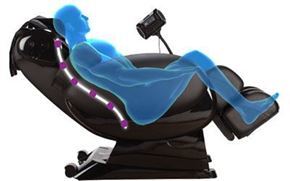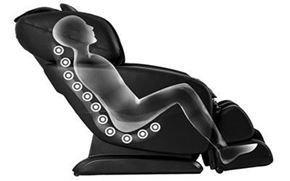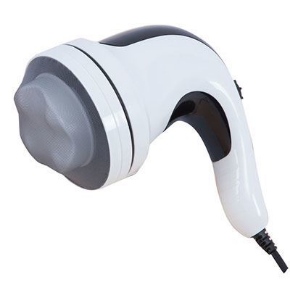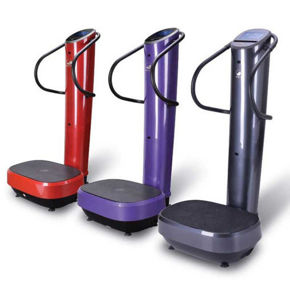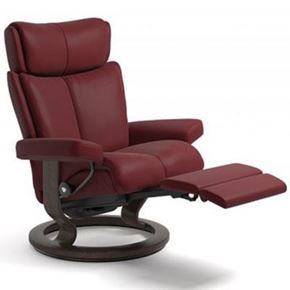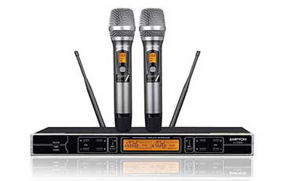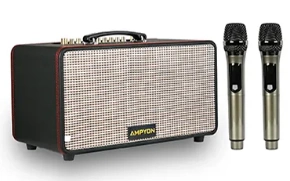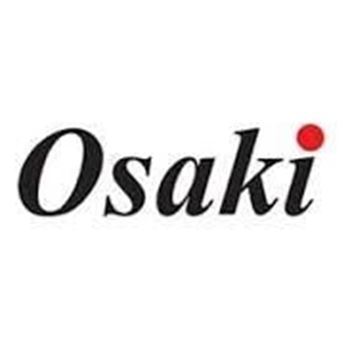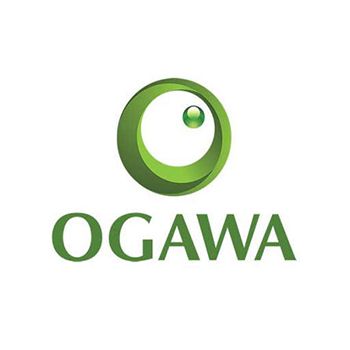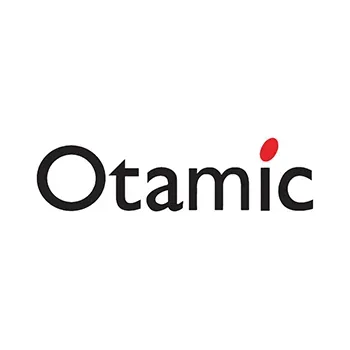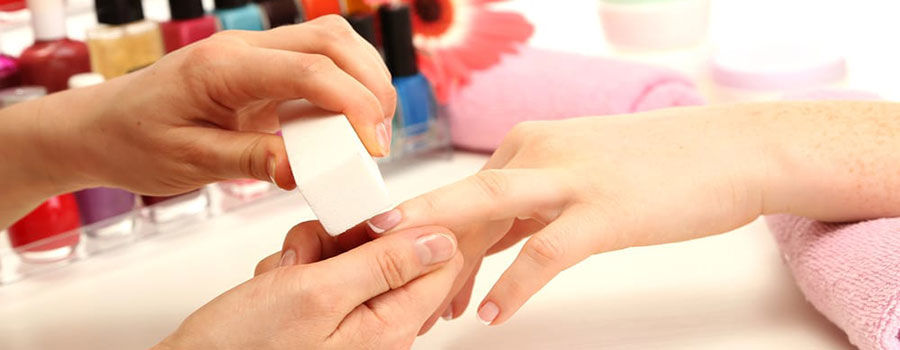
According to the Miami Herald, the Vietnamese community in the U.S. has become the control force to most nail jobs in the country.
Mr. Linh Huynh used to be a taxi driver in Ho Chi Minh City. 13 years ago, his relatives worked in a nail salon in the U.S. invited him to join the business. Since he arrived to Miami, Mr. Huynh has worked 10 hours/day, 6 days/week. His job is cutting and taking care of nails. After saving an amount, together with his wife and a friend, they bought a nail salon called Lovely Nails in Kendall last year.
“In the U.S, I think the gap between the rich and the poor is low. The rich has car, so do I. The most important thing to me is that I have worked very hard for my daughter’s future. She has a good opportunity to study”, Mr. Huynh, 44 years old, said.
Mr. Huynh and many other Vietnamese in the U.S. have followed the similar path of the Latin and Caribbean migrants in South Florida. That is finding a particular type of business to grow the family’s economics. In South Florida as well as many other regions in the country, there are many Vietnamese people working in nail industry.
Thanks to nail, our family life now is stable”, Ms. Dieu Nguyen, who has been working 3 years in International Nails in Doral, said. Dieu’s husband also works in another nail salon in West Miami. At the moment, they already bought their own house. “When I was in Vietnam, I worked pretty hard but the income was not high. Being here, working as nail technicians, my husband and I could save 2,000 – 3,000 USD per month.”, Dieu shared.
“An inspiring story”
The United States is the country having the most migrants in the world, up to 14 million people. The American population is only 5% of the world population; however 20% migrants in the world live in the U.S. – the data from the Migration Policy Institute of the country.
Bearing “American dream”, the migrants often follow the footsteps of their fellow countrymen, looking for work and acquiring business establishments in the same field, creating distinctive communities. Dominicans, for example, own several wine shops in New York, Koreans work in dry cleaning in Los Angeles, or Ethiopians are taxi drivers in Washington, DC.
Similarly, Vietnamese have formed a powerful force, which has a strong foothold in the nail industry in the United States. Statistics from the US Nail Magazine show that there are 374,345 Vietnamese people certified as nail technicians, accounting for more than 40% labor force of the nail industry in the United States. By 2010, Miami had 279, while Florida had 1,152 nail salons owned and registered by the Vietnamese.
In last November, there was a publicity scandal that concerned many people. A group of armed robbers stormed into a nail salon called the Hong Kong Nail Salon in Miami-Dade, killing a 10-year-old son of a Vietnamese owner’s. The shop owner is Mr,Hai Nam Vu also injured and is currently in the process of recovery. This nail salon has not yet reopened.
After the incident, Vietnamese nail communities in the U.S. have worried. Some salons started to close earlier at night. Some lock doors and open only when they have customers. “Please lock the doors. Who knows there could be robbers.”, Mr. Huynh told to his colleagues at Lovely Nails after a customer stepped out.
Statistics in 2012 show that in Florida there are about 54,597 Vietnamese born in Vietnam, accounting for 1.5% of the approximately 3.75 million immigrants in the state.
"They started out as hired laborers in nail salons. Then, when they have enough regular customers, they turn to open their own shops. Before everyone knew it, they were able to do higher quality services and use it as a platform to expand a system.", said Mr. Alfred Osborn, a professor at the University of California, about Vietnamese people working nail. "They came to the United States, worked hard, and got better off living the American dream. Being able to overcome all obstacles and occupy a niche market is truly an inspirational story. "
Start of the story
Many people might not know, but the popular that Vietnamese works in nail industry in the United States started from the effort of job training initiated by Tippi Hedren, a Hollywood star. Ms. Hedren is also the mother of the Hollywood actress Melanie Griffith.
In 1975, Ms. Hedren visited the Hope Village refugee camp in Sacramento, California, where 20 Vietnamese women were sent. Noticing that the women interested in her nails, Ms. Hedren, an international relief coordinator back then, thought of helping them to do nail job. "I saw the women were very skillful. I thought,” why didn’t they learn to do nail work”.", Ms.Hedren told the Los Angeles Times in an interview in 2008.
Later on, Ms. Hedren took her manicurist to the refugee camp once a week to teach the Vietnamese women here the manicure. She also asked them to learn how to apply a silk wrap, a technique that would bring more durable and natural-look nails. Later, Ms. Hedren persuaded a nearby beauty school to help these women find work.
"She helped these women build a niche in the nail industry, and the craft grew. As a result, the nail profession is now a service to the masses, "said Professor Osborne.
From the fact that only 20 Vietnamese immigrants were trained in the United States at the beginning, there is now a Vietnamese community working in the industry in the country. They own nail salons in every corner of the country, not much different from Starbucks or McDonald's fast food restaurants – Mr. Osborne makes comparison. "There are people who hold a monopoly on the market in certain communities in the United States and own multiple shops, and they are capable of creating jobs for many." Mr. Osborne said.
For many, nail salons offer the opportunity to work with minimum education requirements and and investment. Once employed in the salon, they could be able to live with friends or relatives and still earn a certificate. Then, when they have enough money, they move out to open their own stores.
"I choose nail job because this work does not require a high degree, nor high capital, and I can help other Vietnamese -Americans looking for job," said Mr. Thanh Huynh, owner of the Expo Nail in Southwest Miami- Dade. "My plan is to become the owner of a big store at a good location. I will save money to realize my dream. "
Second generation
Compared to luxury spas and hairdressers, Vietnamese nail salons in South Florida are usually located in lower cost locations and offer better service prices, such as 10 USD for trimming, 20 USD per nail care, and 30 USD for nail polish.
The USA Nails salon in Biscayne Boulevard, Miami offers a wide variety of services, from pruning, nail care, to nail art-drawing. The owner, Mr. Huy Van, who left Vietnam in 1988, went through Hong Kong, the Philippines, Honolulu, Chicago, and Detroit before stopping in Miami in 1998. "The climate here is the same as my country: warm and no snow, "said Mr. Huy Van. Before having his own shop in 2010, he had been employed twice in two different stores. Currently, his sister and niece are working in his nail salon.
Mr. Huy said that even though he is now shop owner, he still works 60 hours a week like he did before. He declined to disclose the income, just mentioned that 60% of revenue is for technicians and 40% for the salon.
"They do very well. I would like to come here more often.” Ms. Toni Hunter, a customer who visits Mr.Huy’s salon for nail care said.
In the north of Biscayne Boulevard, the Nail Capital offers full range of services from nail to hair removal. The owners are Mr. Loc Nguyen, 43, and Ms. Hang Phan, 41. They employ 3 non-relatives. Mr. Nguyen bought this shop from his uncle, who taught him to do nail work after he moved from Miami with his parents and siblings in 1998.
Like those store owners above, Mr. Hieu Truong opened T-Nails in Kendall in 2006 after many years of working for salons in Minnesota and California. Now he and his wife is the boss, hiring 7 employees.
"Nail-care helps stabilizing the lives of many Vietnamese who come to America. However, the second generation, like my son, will probably not choose it because they have degrees and good English; they can find a better job." he said.
Ms. Jeanne Batalova from the U.S. Immigration Policy Institute says it is part of the American dream.
"Their children often rely on the success of their parents to develop. The second generation will shift to intellectual work. This process has been repeated in every wave of immigrants of all nationalities, from Italians, Nordics, Jews, to people from other countries to the United States. Their children have now become part of the American middle class, "said Ms.Batalova.


